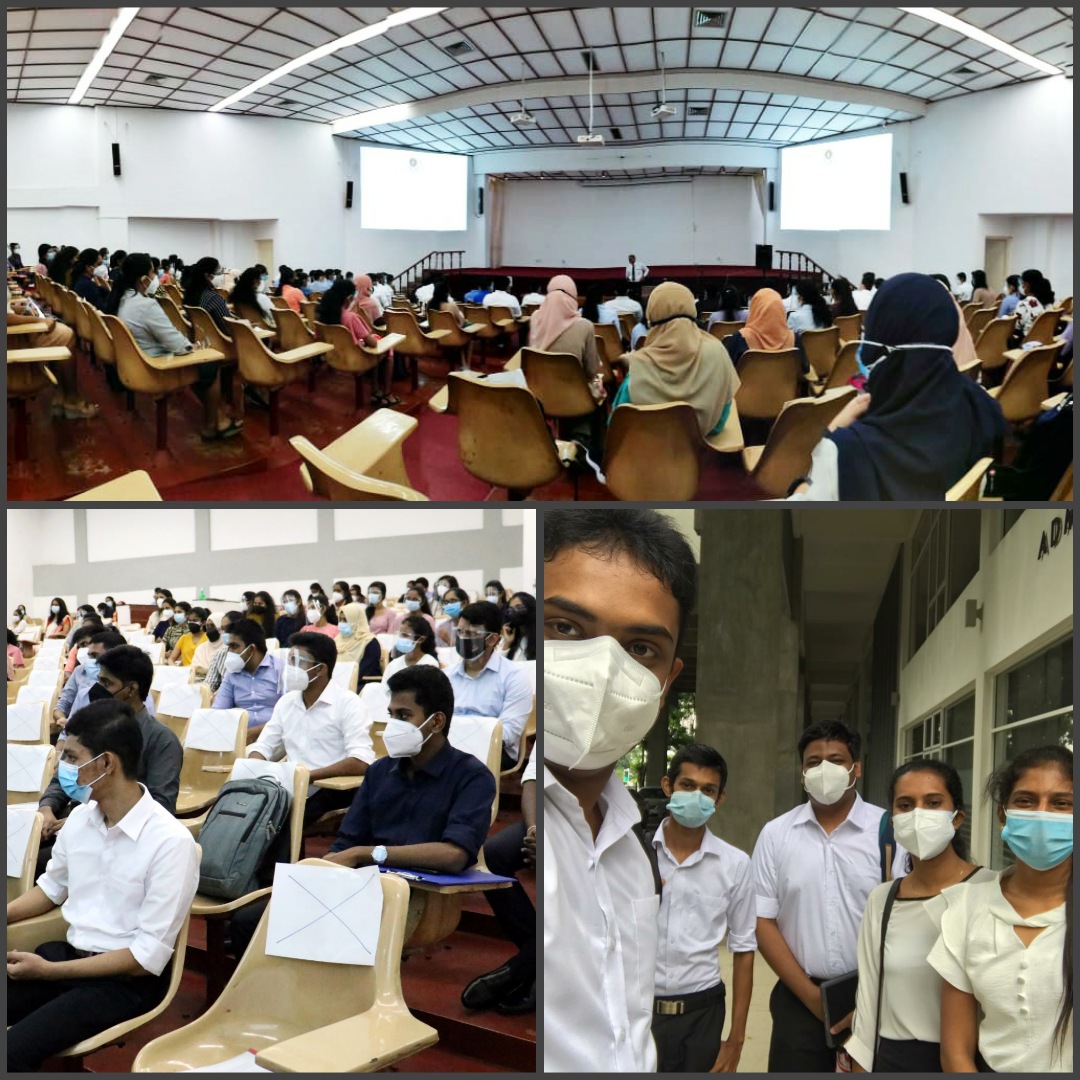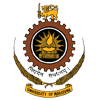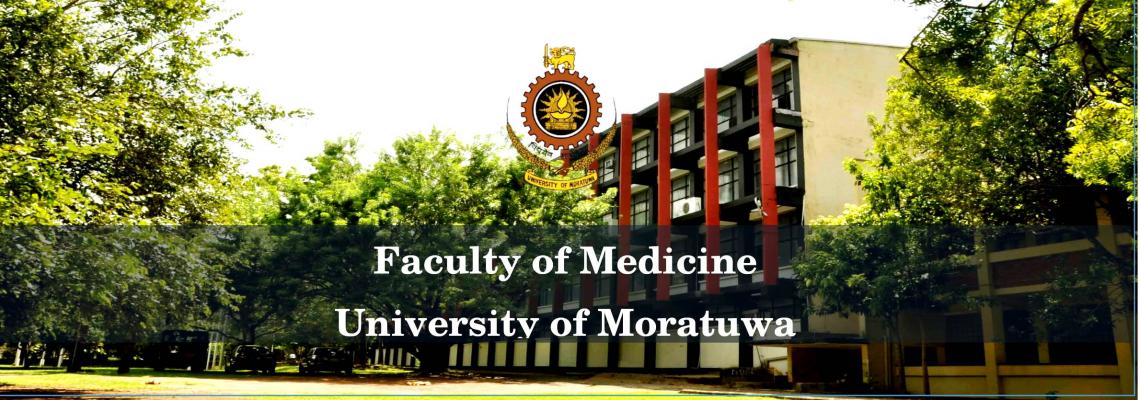Eligibility Requirements (Entry Qualifications)
As defined by the University Grants Commission (UGC) of Sri Lanka for students who have taken the GCE Advanced Level Examinations in Biology, Chemistry, and Physics. The UGC currently uses a GCE Advanced Level Examination ‘Z' score-based screening process for admission.
Proposed Annual Intake of Students
The first intake of students was 104 for the academic year 2020, with provisions to increase further depending on the requirement.
Overview of the Curriculum
The MBBS curriculum of the Faculty of Medicine, UOM employs the latest global trends in curriculum design and innovative teaching, learning, and assessment methods. It is outcome-driven, integrated, iterative, and student-centered.
The curriculum is structured around final graduate outcomes and offers multiple opportunities for students to acquire essential competencies. Subjects are taught in integrated, system-based modules that build in complexity and depth as students progress. Student-centered and reflective learning approaches are encouraged throughout.
Curriculum Structure
The MBBS program spans five years, divided into three phases: Phase I (5 terms), Phase II (6 terms), and Phase III (3 terms). Each academic year comprises 3 terms, each lasting 10 weeks. The curriculum is horizontally and vertically integrated and delivered via multiple streams—some confined to a single phase and others extending across all phases.
Programme Duration and Credit Load
The MBBS program operates on a three-term-per-year model instead of a semester-based calendar.
Programme Assessment Procedures/Rules
Students are evaluated continuously and summatively throughout the program. Term-end assessments occur in Phases I and II, with major exams held at the end of each phase. The Final MBBS Examination assesses all clinical subjects in Phase III. Students must complete Phase I to proceed to Phase II and must pass Phase II—including Community Medicine, Personal and Professional Development, and Technology in Medicine streams—before being eligible for the Final MBBS exam.
Students will also gain exposure to advanced technologies in clinical practice, such as diagnostic imaging and minimally invasive procedures. The faculty plans to expand postgraduate training in high-tech clinical practice.
Graduate Profile
Graduates of the MBBS program are expected to function as general practitioners, scientists, and ethical professionals. They are trained to meet seven outcomes defined by the Committee of Vice Chancellors and Directors in 2014.



